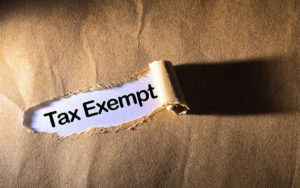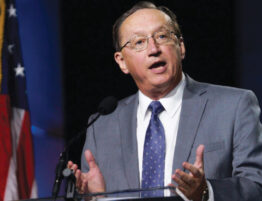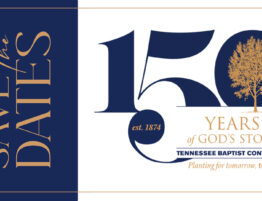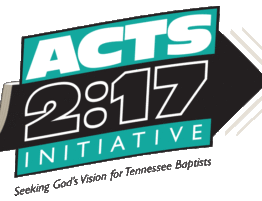 In a previous article, we examined churches and their exemption status under federal and Tennessee laws. Now, we look at the third level of church tax exemption – local property tax.
In a previous article, we examined churches and their exemption status under federal and Tennessee laws. Now, we look at the third level of church tax exemption – local property tax.
In Tennessee, property tax is actually a joint state and county matter. The state Board of Equalization ensures that property tax matters are handled consistently and based on state law. However, since the majority of the work on property matters is handled in county offices, most people consider property tax a local matter.
Tennessee law stipulates that property owned by a church may be exempt from property taxes, provided that the property is both owned and used exclusively for its exempt purpose. The first key concept in the law is that the property must be owned by the church. Leased or rented space does not qualify, and the owner of the property must pay property tax on it. The second key concept is that it must be used exclusively by the church for purposes consistent with the exempt purpose of the church. For some churches, this becomes problematic as they allow activities to occur which are consistent with the exempt purpose of the church but are not conducted by the church. Generally, the occasional use by an outside group will not cause issues. However, renting or leasing a portion of the facilities to other entities should be avoided. Also, any regular use by an outside group might require examination of the property tax exemption.
Churches should be aware of the following matters regarding property tax exemption:
1. Newly purchased or acquired property is not automatically exempt. The church has 75 days to file an application for exemption on new property in order for the exemption to be effective as of the date the property was acquired. The application should be filed with the county tax assessor’s office where the property is located.
2. Property may be allocated between exempt and non-exempt status, so that the church pays property taxes on the portion that is considered non-exempt for whatever reason, but not on the other portion.
3. Churches should notify the local tax assessor’s office if the use of the property ever changes.
4. Generally speaking, property exemption applies to no more than five acres of unused land surrounding an exempt facility.
This article is intended to provide a brief overview of the topic discussed. Neither the author nor the Executive Board is providing legal advice. Churches should always seek the advice of competent legal, accounting and professional counsel when dealing with legal and tax matters.
William F. Maxwell is Administrative Director for the Tennessee Baptist Convention. To connect with William about these and other church administration issues, email him at wmaxwell@tnbaptist.org. Look for previous articles on federal tax exemption and on state tax issues.









Write a comment: